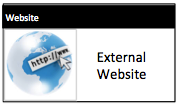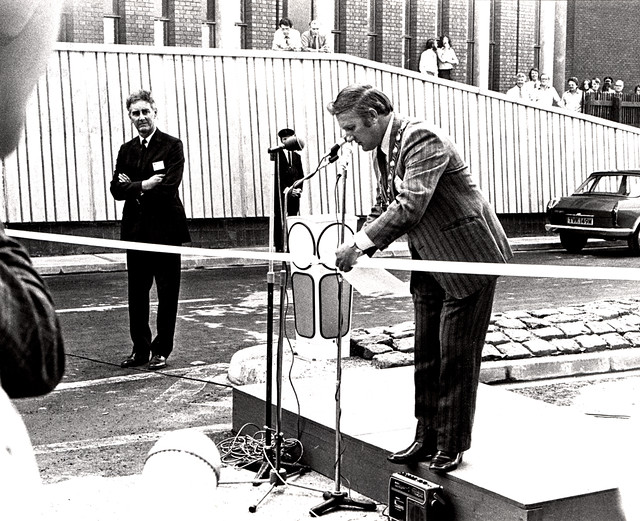Turnpikes and tolls

-
Description
Turnpikes have been called "one of the central pillars on which the industrial revolution was based". The quality of roads was vital, because many industries producing light high-value goods, notably textiles, depended on them for relatively fast and reliable transport which rivers and coastal vessels could not provide. From the late 17th century, Parliament increasingly took responsibility for repairing and maintaining roads from local authorities. Turnpike Acts authorised a trust to levy tolls on those using the road and to use that income to repair and improve the road. They could also purchase property to widen or divert existing roads. The trusts were not-for-profit and maximum tolls were set. The 'turnpike' was the gate which blocked the road until the toll was paid. The first such Act, of 1663.... -
Owner
UK Parliament -
Source
Local (Co-Curate) -
License
What does this mean? Unknown license check permission to reuse
-
Further information
Link: https://www.parliament.uk/about/living-heritage/transformingsociety/transportcomms/roadsrail/overview/turnpikestolls/
Resource type: Text/Website
Added by: Simon Cotterill
Last modified: 8 months, 2 weeks ago
Viewed: 196 times
Picture Taken: Unknown -
Co-Curate tags


